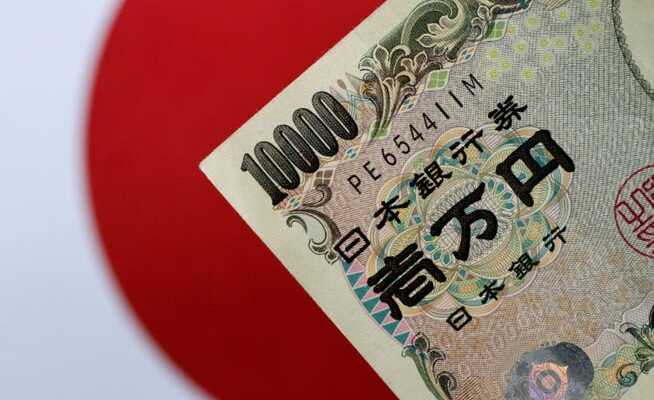So far, the yen has been seen as a refuge in crises. But a vicious circle of rising commodity prices and trade deficits is depressing Japan’s currency.
The lower the yen falls, the more expensive imports to Japan become.
At the beginning of the Ukraine war, Japan was briefly concerned that the national currency could appreciate in value. Because in crises, the yen often serves as a safe haven. However, rising commodity prices have triggered the opposite trend due to Japan’s high trade balance deficits: the currency is one of the biggest losers of the Ukraine war this month against the dollar.
The yen has lost around 3 percent against the dollar over the period. The dollar rose above 118 yen for the first time in five years and two months. For currency experts, this is probably not the end. There may even be a vicious circle of trade deficits and a weakening yen. Because the Japanese need more dollars for the rapidly increasing costs of their large raw material imports. But the more the yen falls, the more expensive imports become.
This danger underscored the trade balance for February: the deficit was 668.3 billion yen (5.15 billion euros), more than five times as high as expected. One of the reasons: Auto exports are not growing stably enough due to chip shortages and supply chain problems, while imports are becoming more expensive due to rising oil and gas prices.
The pressure on the trade deficit and thus the yen could increase if the USA not only boycotts Russian oil and gas itself, but also decides on so-called secondary sanctions that punish foreign governments and companies for energy trading with Russia.
In that case, Japan would have to stop imports from the Russian fields on Sakhalin and in northern Siberia that it had built itself. In the case of liquid gas in particular, Japan would then have to compete with Europe on the spot market, which could drive up prices even further.
To make matters worse, Japan’s central bank can hardly cushion the fall of the yen. The monetary policy committee meets on Thursday and Friday. With the double whammy of commodity prices and the yen, the pressure on the monetary authorities to take countermeasures and tighten their ultra-loose monetary policy is increasing. But anything but a pause would be a big surprise as the economy threatens to slow and the 2% inflation target has not yet been met.
